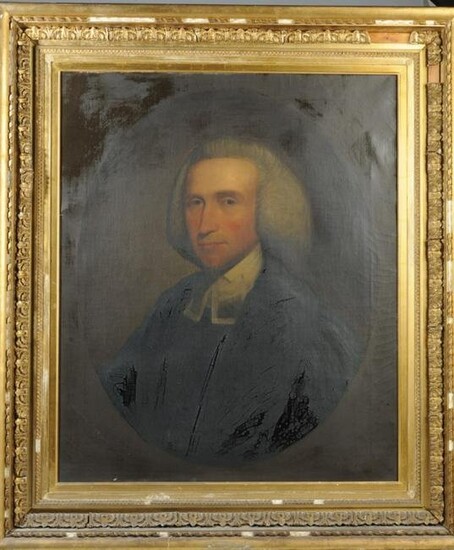“Plundering of Houses &c. Increasing”
A Continual Fire from Both sides this nightBy “be my Friend” Rowe meant those gentlemen would testify about his losses—though now he had a receipt as well.
They are hurrying off all their Provisions & destroying & Mangling all Navigation
also Large Quantitys of Salt & other things they heave into the Sea & Scuttle the stores
I din’d & spent the Evening at home with—
The Revd. Mr. [Samuel] Parker Mr. [Jonathan] Warner & Richd. Green also Mrs. Rowe & Jack Rowe—
The Inhabitants are greatly terrifyed and Alarm’d for Fear of Greater Evils when the Troops Leave this distressed Place
I got Crean Brush Rect. for the Goods taken from Mee, but dont expect much Good from it tho severall Gentlemen Say they will be my Friend in this affair
Rowe dated his next entry “13 March Wednesday,” getting the date wrong—a sign of his distress:
I have Staid at home most part of this day—On Thursday, 14 March, Rowe realized he’d made the dating error and corrected himself. This day brought “Snow & Sleet” and a cold wind:
The Confusion still Continues & Plundering of Houses &c. Increasing
Genl. [James] Robinson paid Me a Visit & Eat a Morsell of Provisions together with Richd. Green Mrs Rowe & Jack Rowe
The Sailors from the Ships have Broke Open my Stores on my Wharff & plunderd them— this was done at Noon this day—
This morning A house was burnt at the North End, whether Set on Fire on Purpose or from Accident Seems Uncertain—
a Considerable Number of Cannon fir’d in the night from Both Sides—
The Country People throwing up more Entrenchments &c on Dorchester Neck—
(I dind at home with Genl. Robertson—Mr. Richd. Green Mrs. Rowe & Jack—) and spent the Evening at home with the Revd. Mr. Saml. Parker Mr. Warner Mr. Richd Greene & Mrs. Rowe
This night much damage has been done to Many houses & stores in this Town & many valuable Articles stolen & Destroyed—Samuel Quincy had left Boston months before, so his house was vulnerable. But the ministers had stayed out the siege and presumably didn’t have mercantile goods to carry away.
Stole out of Wm. Perrys Store a Quantity of Tea Rum & Sugar to the value of £120 Sterling
Mr. Saml. Quincys house broke & great Destruction The Revd. Mr. Wm. Walters also the Revd. Dr. [Henry] Caners & many others
The picture above shows the Rev. William Walter, Anglican minister at Boston’s Trinity Church (1767–1776) and Christ Church (1791–1800). It was sold at auction in 2021.
TOMORROW: The expected departure date.



